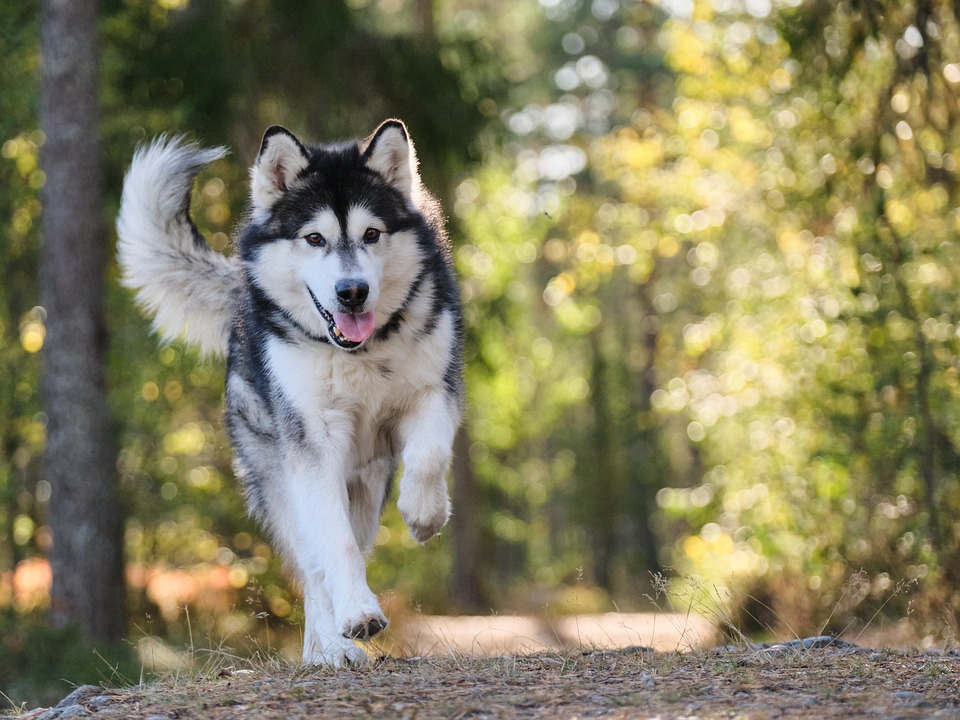Recognizing and managing common skin conditions in senior dogs is crucial for their overall well-being and comfort. As dogs age, their skin undergoes changes that can lead to various skin conditions. In this article, we will discuss some common skin conditions in senior dogs and provide tips on how to manage them effectively. Additionally, we have compiled a list of frequently asked questions to address common concerns regarding senior dog skin health.
Understanding the Aging Process and Skin Changes in Senior Dogs
The effects of aging on a dog’s skin can include thinning, loss of elasticity, and decreased oil production. These changes can lead to dryness, itchiness, and increased susceptibility to skin infections. It is important to differentiate normal aging from abnormal skin conditions to provide appropriate care for your senior dog.
Identifying Common Skin Conditions in Senior Dogs
Some common skin conditions in senior dogs include dry skin and dandruff, itchy and flaky skin, hot spots and rashes, fungal and bacterial infections, as well as tumors and skin growths. Recognizing the symptoms and identifying these conditions early on can help in managing them effectively.
Managing and Treating Skin Conditions in Senior Dogs
Regular grooming and bathing routines are essential for senior dogs with skin conditions. Using appropriate shampoos and conditioners, as well as moisturizers, can help alleviate dryness and itchiness. A balanced diet with supplements that promote skin health can also play a significant role in managing skin conditions. In some cases, medicated shampoos or ointments may be necessary for specific skin conditions. It is important to know when to seek veterinary assistance for proper diagnosis and treatment.
Frequently Asked Questions (FAQs)
Q1. Are skin conditions more common in senior dogs?
Skin conditions do tend to be more common in senior dogs due to the natural aging process and changes in their skin.
Q2. Can I use human skincare products on my senior dog?
It is not recommended to use human skincare products on dogs, as their skin has different pH levels and sensitivities. Consult with your veterinarian for appropriate dog-specific skincare products.
Q3. How can I prevent skin conditions in my senior dog?
Maintaining a healthy diet, regular grooming, and avoiding harsh chemicals or irritants can help prevent skin conditions in senior dogs. Regular check-ups with your veterinarian can also help catch any potential issues early on.
Q4. Are certain dog breeds more prone to skin conditions?
Yes, certain breeds, such as Bulldogs and Retrievers, may be more prone to skin conditions due to genetic factors. It is important to be aware of any breed-specific vulnerabilities and take appropriate precautions.
Q5. Can I treat my senior dog’s skin condition at home or should I always visit the vet?
For minor skin conditions or maintenance, home treatment may be sufficient. However, it is always best to consult with your veterinarian for proper diagnosis and treatment, especially for more severe or persistent skin conditions.
Q6. Are there any natural remedies for managing skin conditions in senior dogs?
Some natural remedies, such as oatmeal baths or coconut oil, may help manage certain skin conditions. However, it is important to consult with your veterinarian before trying any natural remedies to ensure they are safe and appropriate for your senior dog.
Q7. How long does it usually take for a senior dog’s skin condition to improve with treatment?
The duration of improvement varies depending on the specific skin condition and its severity. It is important to follow your veterinarian’s guidance and monitor your dog’s progress.
Q8. Can stress or anxiety contribute to skin problems in senior dogs?
Yes, stress and anxiety can contribute to skin problems in senior dogs. Managing their environment and providing them with a calm and comfortable setting can help alleviate these issues.
Q9. Should I adjust my senior dog’s diet to improve their skin health?
Consulting with your veterinarian about your senior dog’s diet is recommended. They may recommend adjusting their diet or adding specific supplements to promote skin health.
Q10. How often should I bathe my senior dog with skin issues?
The frequency of bathing depends on the specific skin condition and your veterinarian’s recommendations. Over-bathing can strip the natural oils from their skin, so it is important to find the right balance.
By staying vigilant and seeking appropriate care, you can help keep your senior dog’s skin healthy and comfortable throughout their golden years. Remember, if you have any concerns or questions about your dog’s skin condition, consult with your veterinarian for proper diagnosis and treatment.









